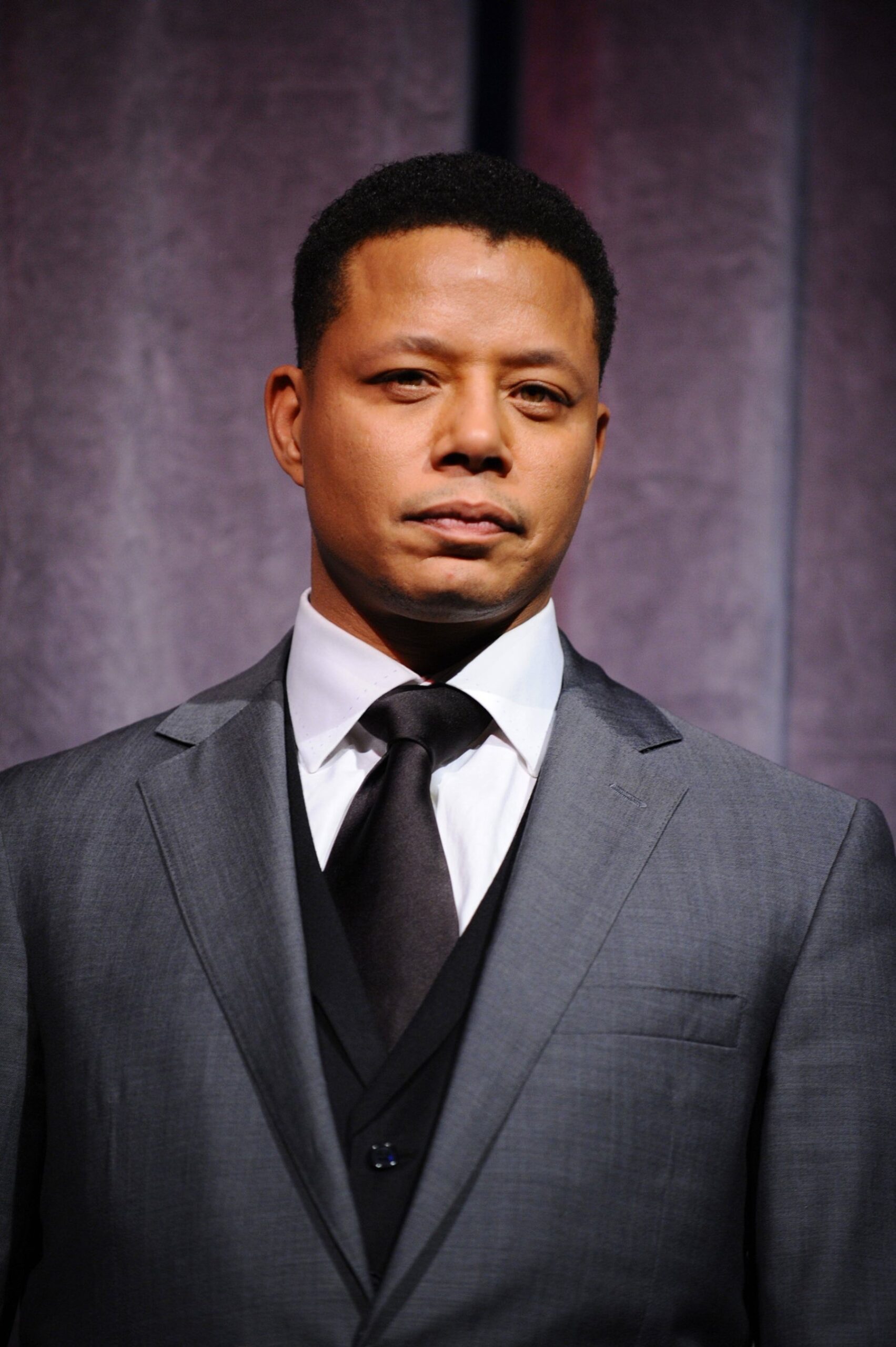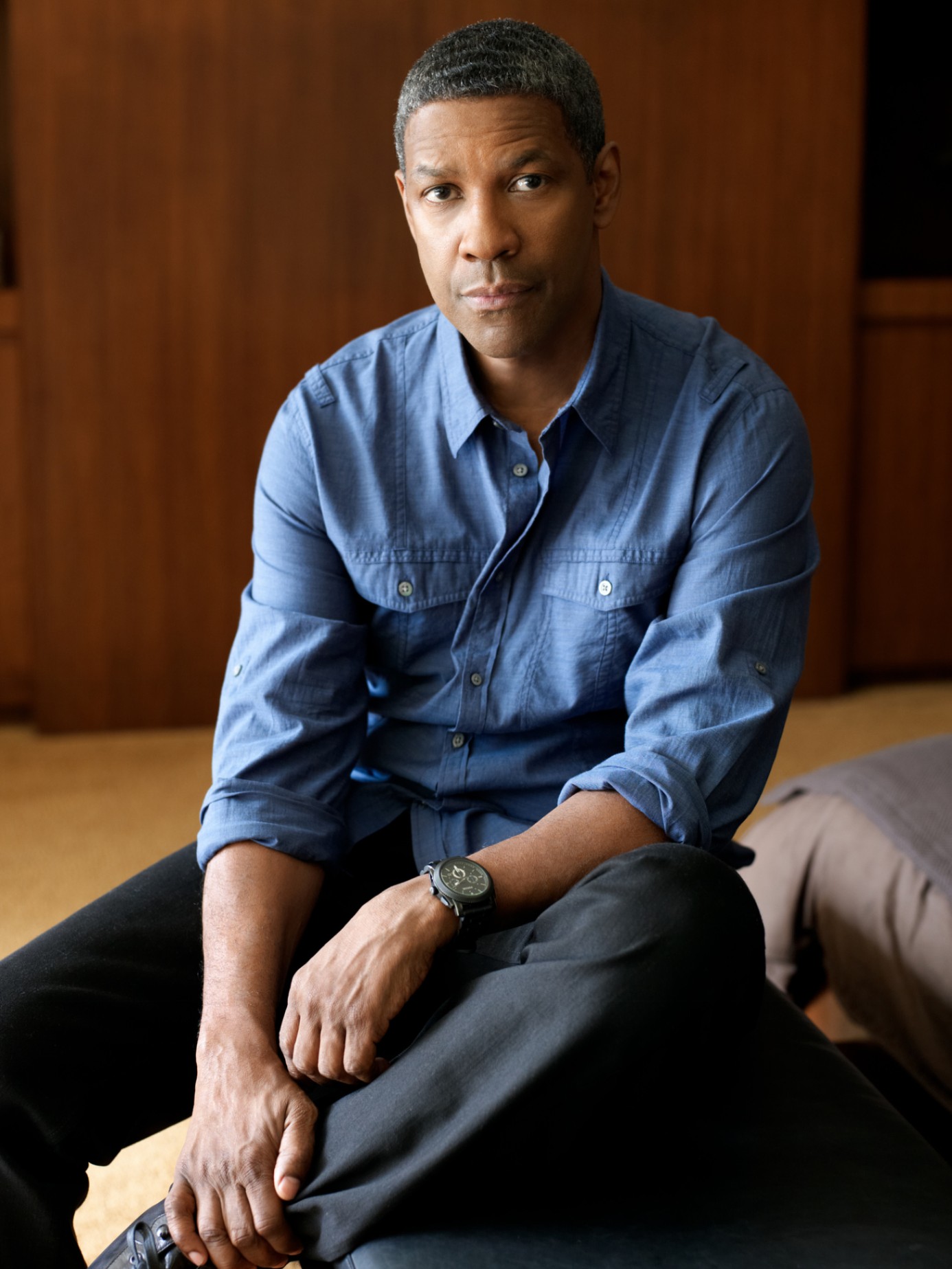Terrence Howard and the Fight for Justice: The Truth Behind Hollywood’s Elites
“I don’t care what happens. I’m here to bring the truth at whatever cost that comes with it.” These are the words of Terrence Howard, a man who once stood on the cusp of superstardom in Hollywood but now finds himself in a bitter battle with the industry he once called home. Known for his iconic roles in films like Crash and Hustle & Flow, as well as his starring role in the TV series Empire, Howard has turned his focus to exposing the Hollywood elites he believes have been instrumental in derailing his career.
From Rising Star to Hollywood Outcast
In the early 2000s, Terrence Howard was a rising star. He delivered powerful performances in films like Dead Presidents, Mr. Holland’s Opus, and The Best Man. His breakout came in 2004 with Crash, a film that won the Oscar for Best Picture and put Howard firmly on the map as one of the most promising actors of his generation. His next role, Hustle & Flow, earned him an Oscar nomination, solidifying his place in Hollywood. Howard seemed destined for even bigger things, especially after landing the role of James “Rhodey” Rhodes in the blockbuster hit Iron Man.

However, Howard’s Hollywood fairytale took an unexpected turn. After a contract dispute with Marvel, he was replaced by Don Cheadle in the Iron Man sequels. This marked the beginning of Howard’s troubles with the entertainment industry. In the years that followed, he faced multiple legal battles and personal challenges, including highly publicized divorces and accusations of domestic violence. Slowly but surely, Howard began to fade from the public eye, with Hollywood seemingly closing its doors to him.
Exposing the Gatekeepers
In recent years, Howard has become increasingly vocal about the forces he believes are responsible for his downfall. He has accused Hollywood elites of exploiting black actors and deliberately hindering their careers. “You don’t respect yourself, so I know you don’t respect me. I’m just your babysitter,” Howard once said, alluding to the way he felt belittled and manipulated by those in power.
In 2023, Howard made headlines once again when he sued Hollywood agency Creative Artists Agency (CAA) for allegedly mishandling his contracts during his time on Empire. The actor claimed that CAA prioritized their relationships with producers and studios over his best interests, resulting in him being paid a lower salary than his white counterparts, despite Empire being a massive hit. “I trusted CAA to look after me, and they looked after themselves,” Howard said, emphasizing his frustration with how black actors are treated in the industry.
His lawsuit argues that CAA’s packaging fees—a system where agencies are paid by studios for attaching actors, directors, and writers to projects—led to a conflict of interest. Howard’s legal team, led by attorney James Bryant, believes this system is fundamentally flawed, as it incentivizes agencies to prioritize their own financial gain over the well-being of their clients.

A Fight Against Racism
Terrence Howard’s lawsuit isn’t just about money—it’s about exposing the racism he believes runs deep in Hollywood. Howard’s lawyer, Carlos Moore, has argued that the actor’s treatment by CAA and the entertainment industry at large is rooted in racial discrimination. “Discovery will show that this was racism,” Moore said, adding that white actors with similar credentials were treated far better than Howard.
Howard’s claims are supported by the experiences of other black actors, including Glee star Amber Riley. Riley has spoken openly about being told that she and other actors of color were “more disposable” than their white counterparts. “Being told that the white girls are not fireable is being told that you’re disposable,” Riley said, echoing Howard’s sentiments. She described the emotional toll this took on her career, leaving her with anxiety and a loss of confidence.
Terrence Howard’s Personal Struggles
Howard’s personal life has also been tumultuous, which some believe has contributed to his strained relationship with Hollywood. The actor has been married multiple times, and his ex-wives have accused him of domestic violence. Howard has had several run-ins with the law, including an incident where he allegedly assaulted a flight attendant and another where he attacked a couple at a restaurant. These controversies, combined with his outspoken nature, have made him an easy target for Hollywood’s gatekeepers, who find it easier to ostracize rather than support him.
However, despite these challenges, Howard has maintained a loyal fan base and continues to fight for his place in the industry. His role as Lucious Lyon in Empire was a career-defining moment, earning him critical acclaim and proving that his talent is undeniable. Yet, even at the height of his success on Empire, Howard felt he was being underpaid. At the peak of the show’s popularity, he was reportedly making $325,000 per episode—a figure that pales in comparison to what other leading actors on major TV dramas, like Kevin Spacey (House of Cards) and Jon Hamm (Mad Men), were earning at the time.

A Legacy of Talent
Despite the setbacks, Howard’s legacy as a talented actor is secure. His early performances in films like Hustle & Flow and Crash are still celebrated, and his work on Empire proved he still has the ability to command the screen. But Howard isn’t just fighting for his own career—he’s fighting for future generations of black actors who may face the same challenges.
In his fight for justice, Howard has found unlikely allies. Denzel Washington, one of Hollywood’s most respected actors, has warned that the path Howard is on is a dangerous one, but he supports Howard’s desire to bring the truth to light. Similarly, rapper-turned-actor and producer 50 Cent has expressed his desire to work with Howard, vowing to help him earn the money and respect he deserves.
The Future for Terrence Howard
As Howard continues his battle against Hollywood elites, it remains to be seen what impact his efforts will have on the industry. Will his lawsuit against CAA shine a light on the systemic racism and exploitation that black actors face? Will Hollywood finally take steps to address the disparities that exist between white and black performers? Or will Howard’s outspokenness lead to further isolation from the industry he once dominated?
One thing is clear: Terrence Howard isn’t backing down. His fight for truth, fairness, and recognition is far from over, and in the process, he may just become a symbol of resistance against the powers that seek to control Hollywood’s narrative.